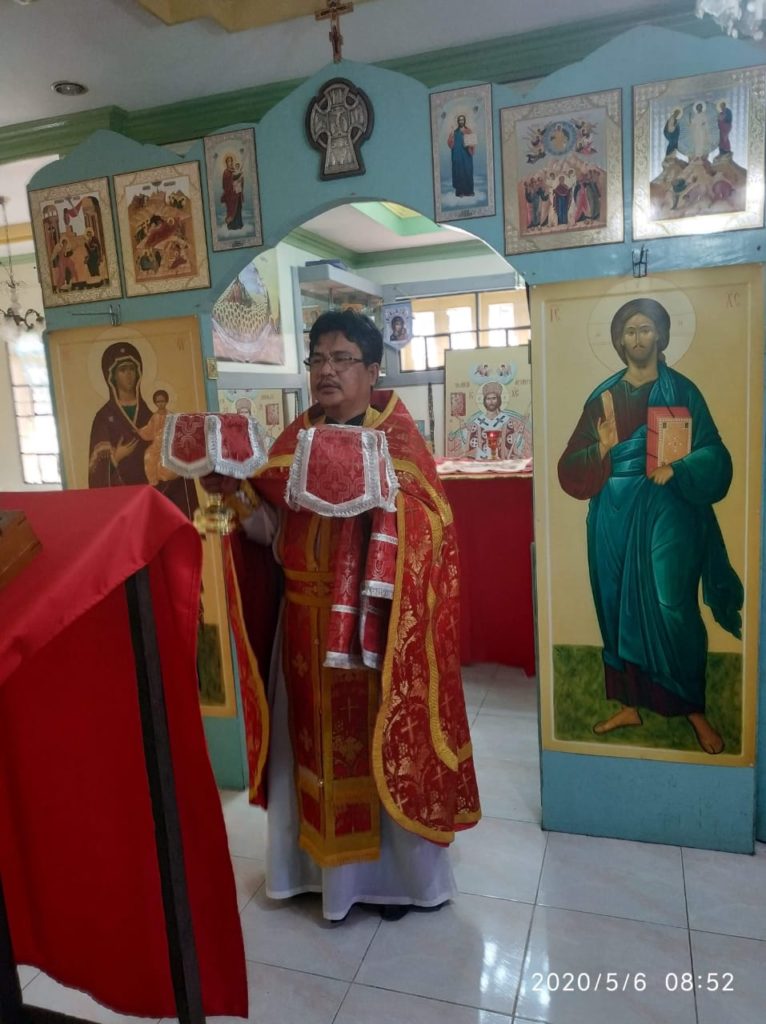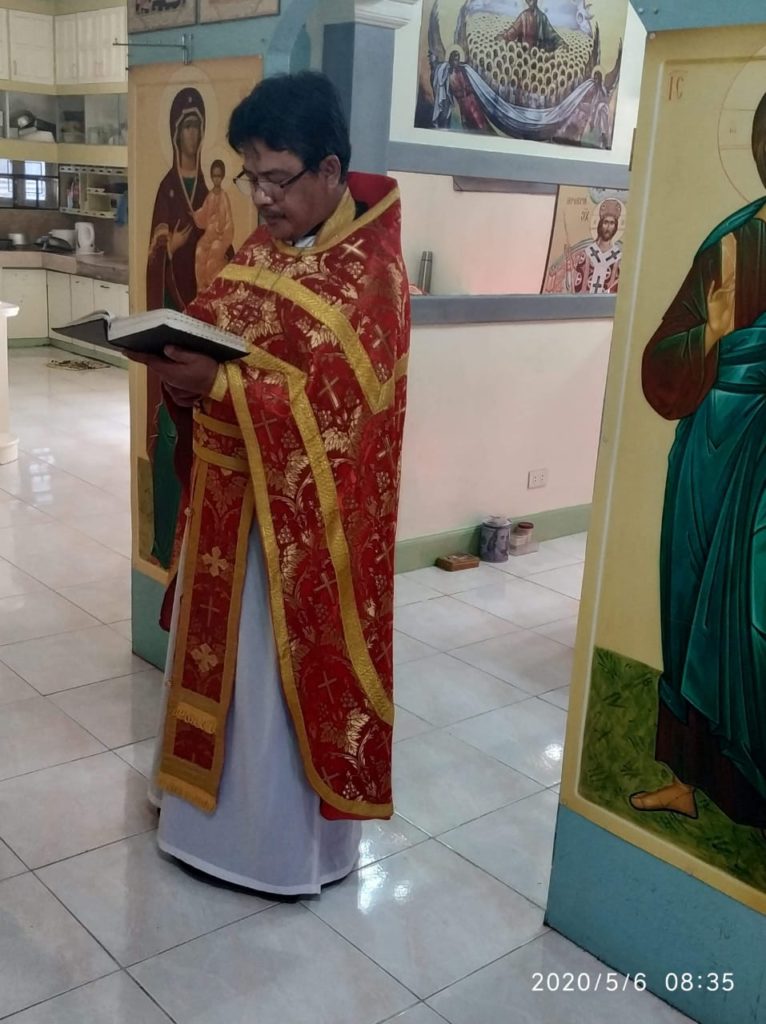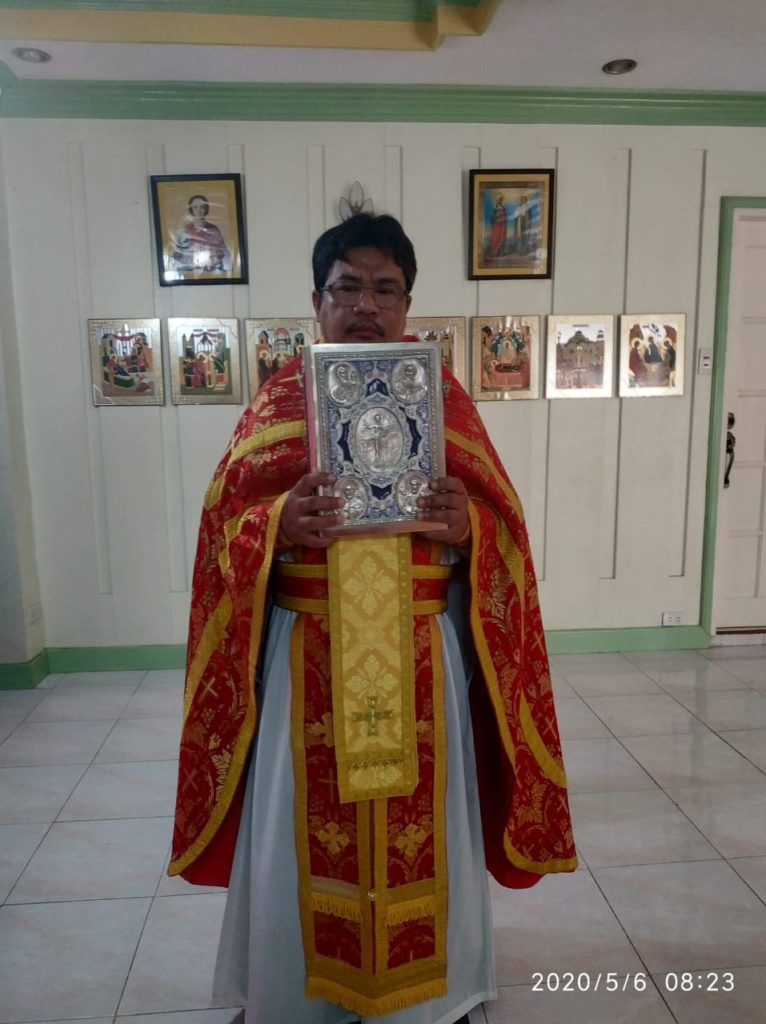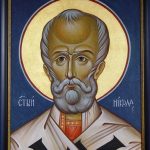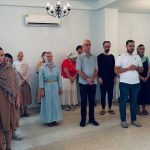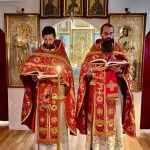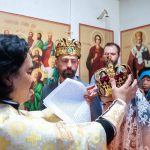Russia has experienced many wars, but two are called Patriotic. And if the war of 1812 ended on Christmas day, the Great Patriotic war was to end on Easter, so that the two great national triumphs coincided with the two main Orthodox holidays, reminding us of the main Victory of Christianity – the victory over death. The fact that in 1945 Easter fell on the day of St. George (this happens 1-2 times a century) is also not a simple coincidence. St. George is the patron of Russia, Moscow, the Russian army and personally – Marshal of Victory Georgy Zhukov. Although his name in Greek means “farmer”, the Saint in his youth chose a heroic profession-to protect the Homeland. Having performed many feats of arms, St. George was called Trophy-bearer (Victorious) during his lifetime. But he performed his main feat for Christ’s sake, refusing to participate in the persecution of Christians. Instead of a brilliant career, he chose death in terrible sufferings (new style – May 6, 303). Since then, his name has been a symbol of spiritual victory, but Orthodox soldiers consider him their patron. He is also venerated in European countries, and in the Caucasus, where the whole country bears his name (according to tradition, the enlightener of Georgia equal-to-the-apostles Nina was a relative of the great Martyr).
Liturgies and molebens to St. George were served in our parishes

